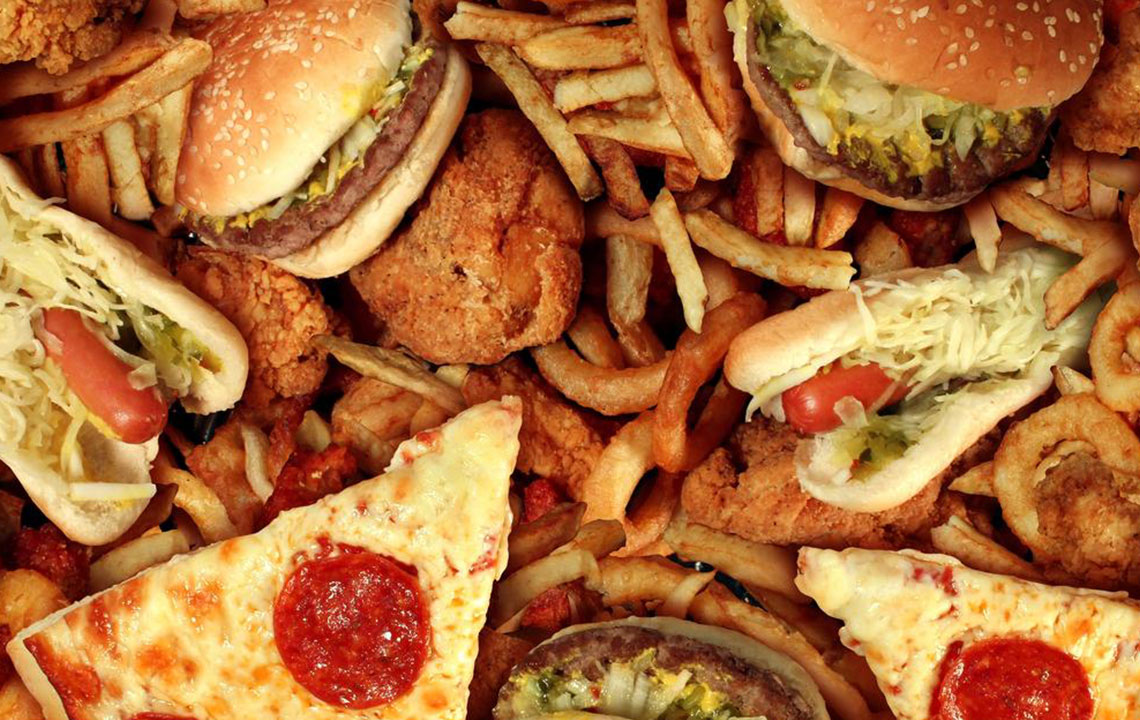Effective Dietary Strategies to Prevent Acid Reflux Flare-Ups
Learn effective dietary tactics to prevent acid reflux episodes. This guide highlights foods to avoid, beneficial options, and tips to reduce heartburn and discomfort through mindful eating habits. Managing triggers can lead to better digestive health and relief from persistent symptoms.
Sponsored

Acid reflux occurs when stomach acid flows back into the esophagus, leading to discomfort and heartburn. While episodes of acid reflux are common, frequent occurrences can indicate GERD (gastroesophageal reflux disease), affecting about 10% of people daily. Although usually manageable, persistent reflux can harm the esophageal lining. If you experience regular symptoms, consult a healthcare professional. Recognizing triggers and adjusting your diet can significantly reduce reflux episodes and improve quality of life.
Common Symptoms of Acid Reflux
Burning sensation behind the chest that may extend to the throat
Bitter or acidic taste in the mouth or throat from regurgitation
Additional symptoms include:
Swelling or bloating
Frequent belching
Difficulty swallowing or feeling food stuck
Persistent hiccups
Nausea and unexplained weight loss
Wheezing, dry cough, or sore throat
Foods That Can Trigger Acid Reflux
Carbonated Beverages: Sodas and fizzy drinks increase stomach pressure through bubbles, heightening reflux risk. Acidic drinks like cola, diet soda, and tonic should be avoided.
Fried and Fatty Foods: Deep-fried dishes and high-fat foods, such as fried rice or greasy snacks, can relax the esophageal sphincter, causing heartburn. Limit intake to reduce symptoms.
Alcohol: Beer, wine, and spirits may relax the esophageal valve, making reflux more likely. If consumed, choose drinks without acid mixers and in moderation.
Full-Fat Dairy: Cheese, cream, and high-fat yogurts can aggravate reflux; opt for lower-fat options or consume in moderation.
Red Meats with High Fat Content: Fatty cuts of beef, pork, and lamb should be eaten sparingly, about once a week, to prevent symptoms.
Caffeinated Drinks: Coffee and strong teas can trigger reflux if consumed excessively. Consider herbal teas like chamomile or green tea with minimal caffeine.
Best Foods for Managing Acid Reflux
Ginger: Known for its anti-inflammatory properties, ginger tea can soothe the stomach and reduce reflux symptoms. Avoid ginger beer and sugary, carbonated ginger drinks.
Bananas: These alkaline fruits help neutralize stomach acid and alleviate heartburn symptoms, making them a good addition to your diet.
Yogurt: Opt for low-fat, sugar-free varieties to help calm reflux, as high-fat foods tend to worsen symptoms.
Melons: Watermelon, honeydew, and other melons are naturally alkaline and can help soothe the stomach when added to smoothies or eaten fresh.
Green Vegetables: Spinach, broccoli, asparagus, and other leafy greens are alkaline and support digestive health.
Chewing Gum: Chewing sugar-free gum can boost saliva production, helping to wash away acid in the esophagus. Avoid mint-flavored types, which can relax the esophageal muscle.
Making mindful food choices and controlling portion sizes are vital for managing acid reflux. Identifying and avoiding personal triggers, coupled with a balanced diet, can lead to fewer symptoms and better comfort. Pay attention to your diet to live a healthier, reflux-free life.






